Unlike some leaders who are skeptical of crypto, Russian President Vladimir Putin believes that cryptocurrencies have value. However, he pointed out that there are barriers that prevent crypto’s effective use in settling oil trades so it won’t likely replace the U.S. dollars in this area.
IN an interview with CNBC, Putin was asked if Bitcoin (BTC) or other cryptos can be used in lieu of the U.S. dollars in view of U.S.-impose economic sanctions. The Russian President said that it is “too early to talk about the trade of energy resources in crypto.”
While Bitcoin and other crypto have their proven use cases, the Russian President is not yet convinced that crypto could be used for settlements in international oil transactions. “I believe that it has value,” Putin said at the Russian Energy Week event in Moscow on October 13. “But I don’t believe it can be used in the oil trade.”
“Cryptocurrency is not supported by anything as of yet,” he added. “It may exist as a means of payment, but I think it’s too early to say about the oil trade in cryptocurrency.”
Putin pointed out that one barrier to Bitcoin’s use is the crypto’s massive energy consumption when it comes to mining new coins and processing transactions. Electric car manufacturer Tesla also highlighted this issue when it decided to stop accepting BTC payments in May 2021.
Should the U.S. continue to impose dollar-denominated economic sanctions, Russia plans to reduce its reliance on the greenback with the help of other currencies. “I believe the U.S. makes a huge mistake in using the dollar as a sanction instrument,” Putin said. “We are forced. We have no other choice but to move to transactions in other currencies.”
Putin said that using the dollar as a sanction instrument might not be good for the U.S. in the long run. “In this regard, we can say the United States bites the hand that feeds it,” the Russian President said. “This dollar is a competitive advantage. It is a universal reserve currency, and the United States today uses it to pursue political goals, and they harm their strategic and economic interests as a result.”






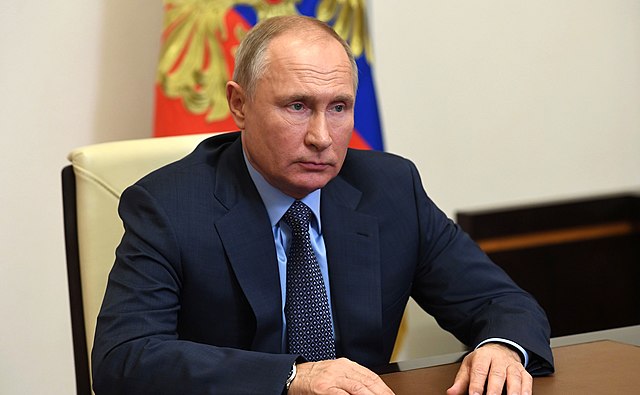

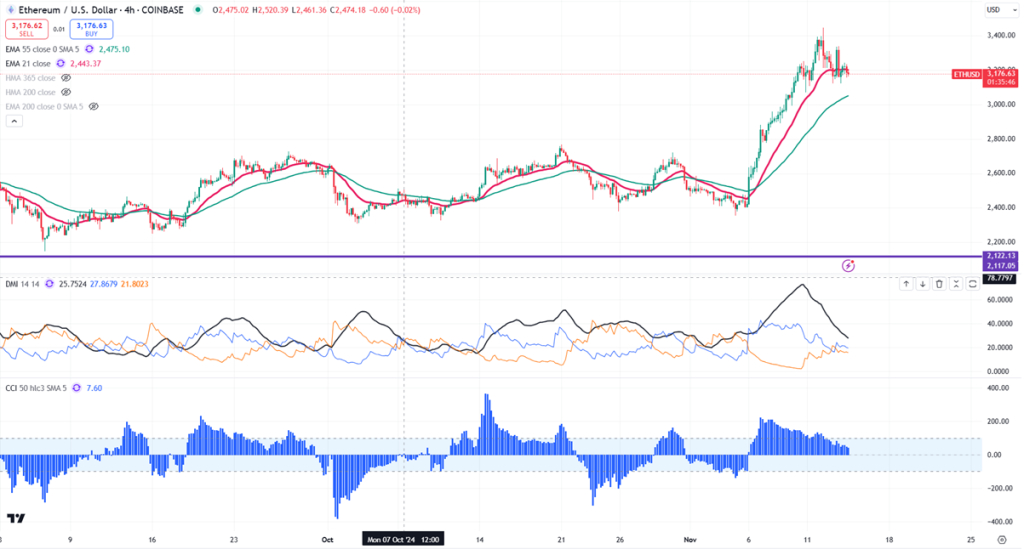
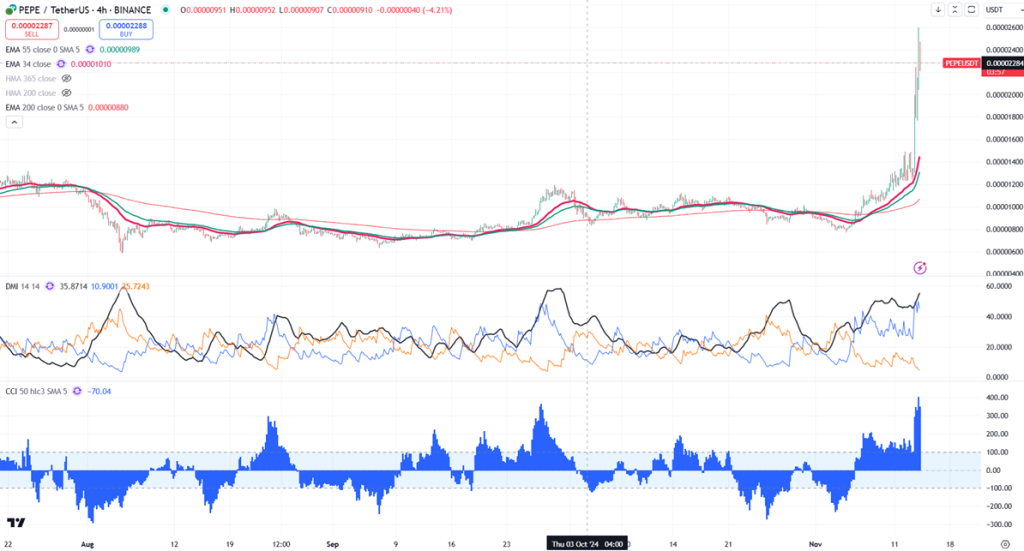
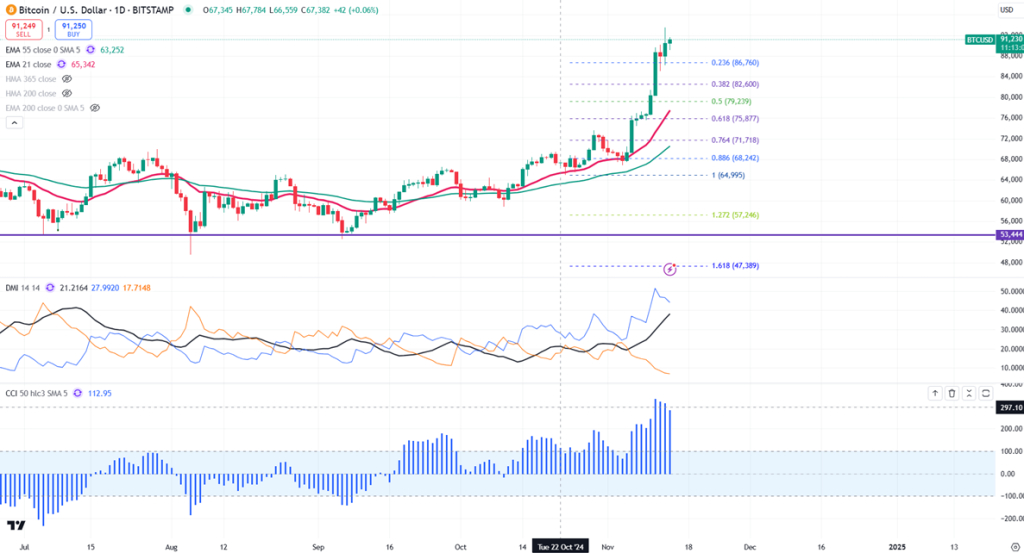

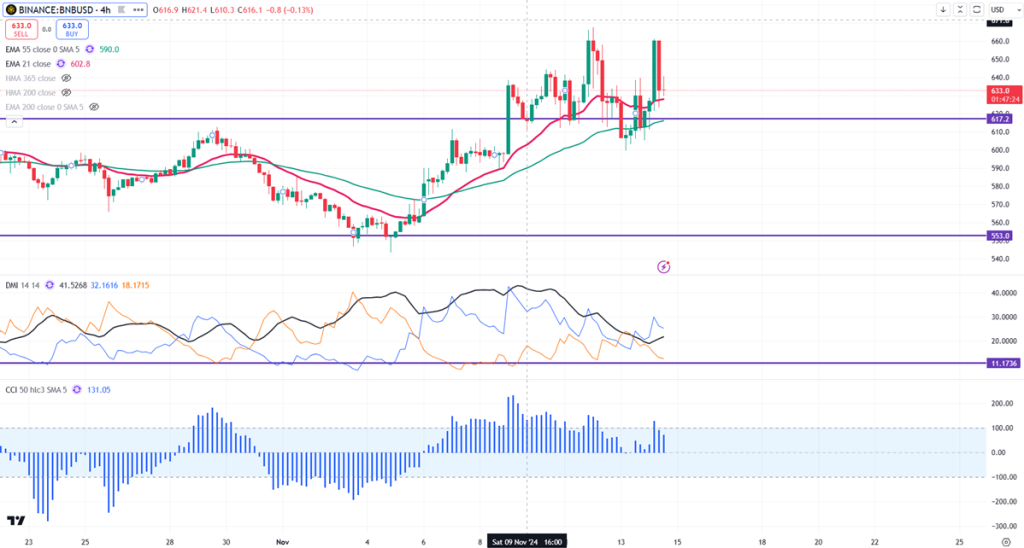
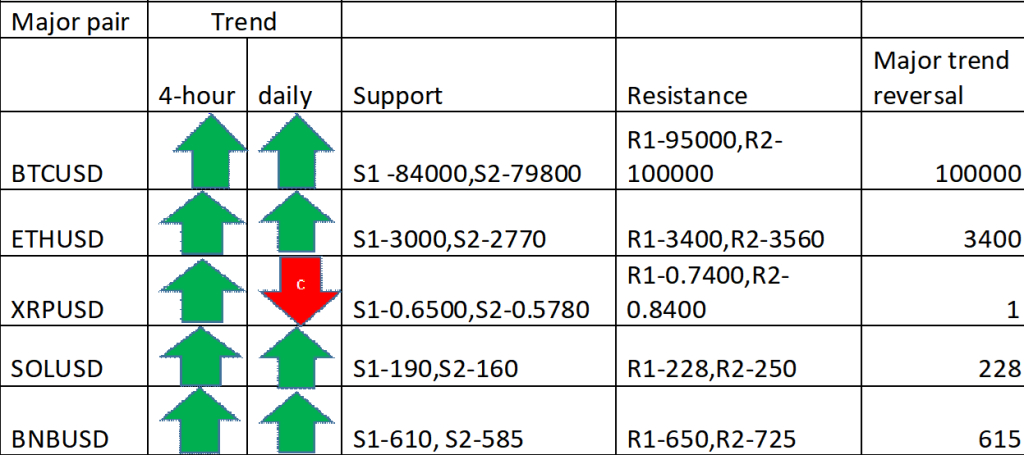



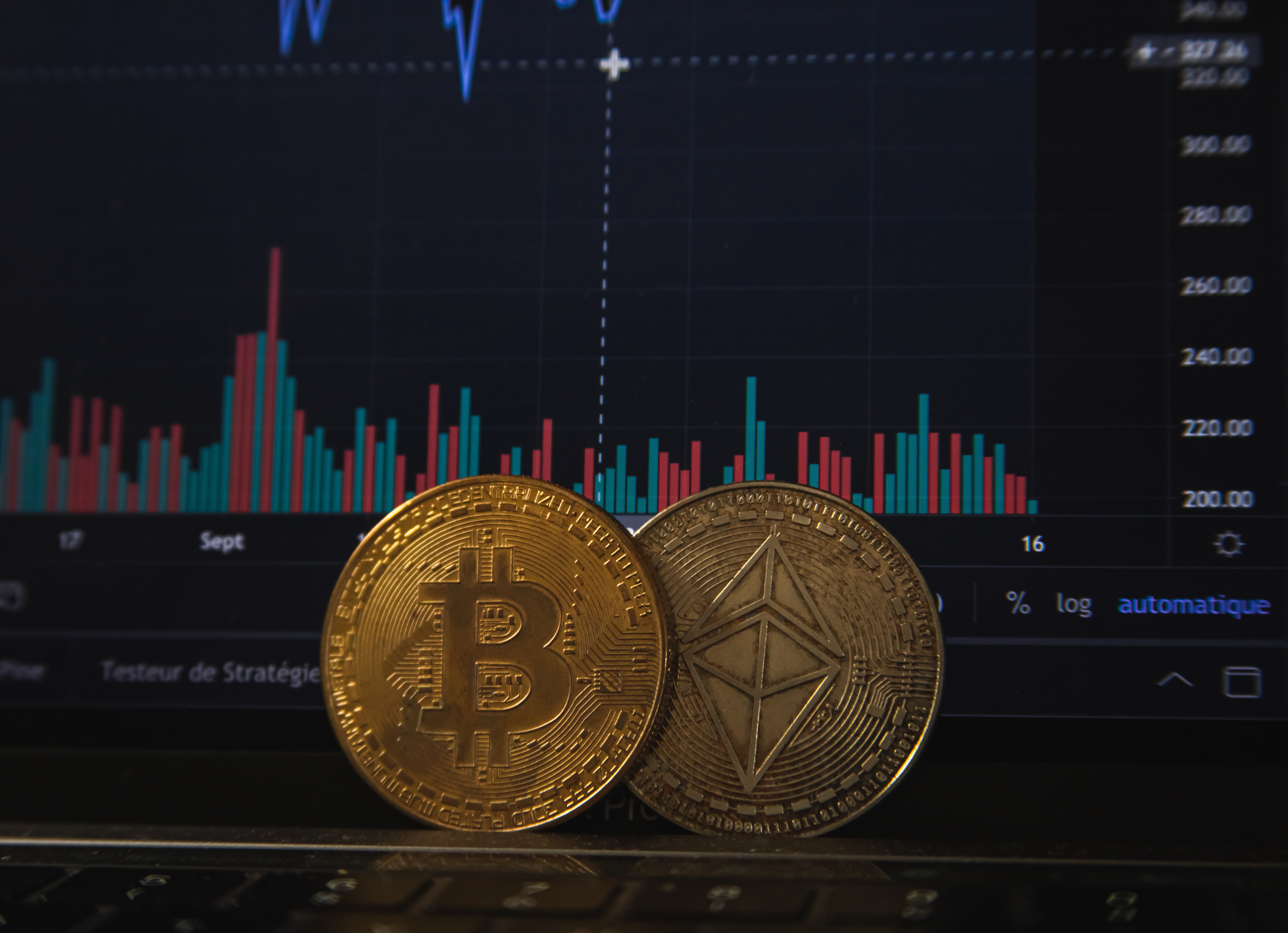

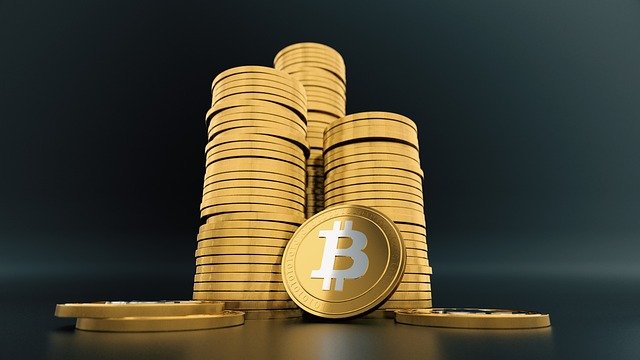



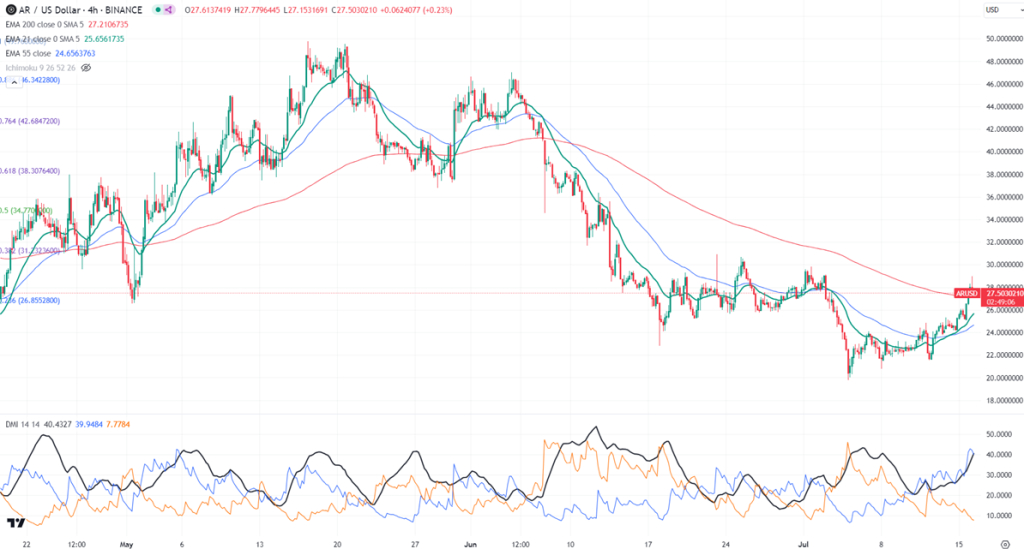
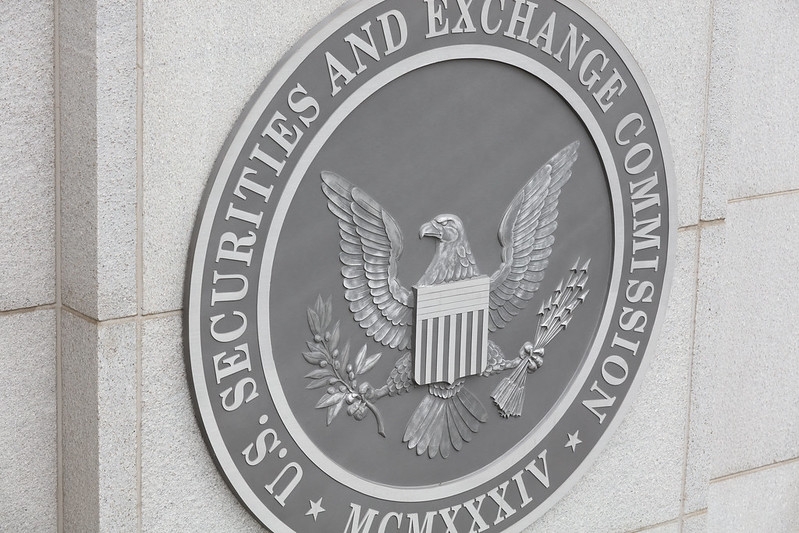
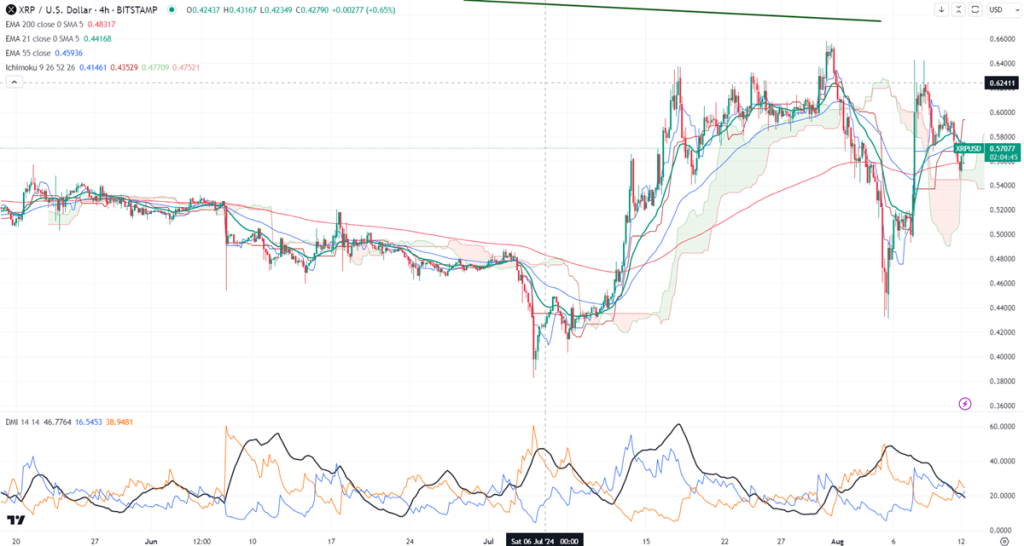
Comment 3